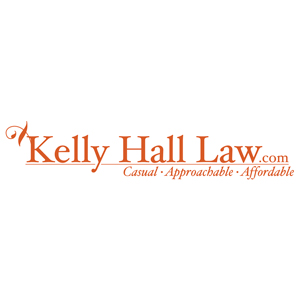Chances are, you know someone who has faced possible home foreclosure, if you haven’t yourself. In today’s housing market, record numbers of homeowners are at risk for losing their homes – and their credit – to foreclosure. I sat down with attorney JC Cancelleri, a local expert in bankruptcy law, to learn about some options for people facing foreclosure. Here’s what you need to know:
Communication. If you have to miss even one mortgage payment, contact your lender immediately. Whether it is due to a job loss, medical bills, divorce, or something else, call your lender and inquire about options for deferring a couple of payments. Communication is always best when you are behind.
Loan Modification. If the situation that caused you to miss a couple of payments has not resolved by the six-month mark, your lender is likely to get pretty antsy. You may be able to afford your monthly payment but not your overdue payments, or perhaps you can almost afford your monthly payment. Consider inquiring about loan modification, in which the lender lowers your interest rate or extends the life of your loan by tacking past due payments on to the end of your loan.
Deed in Lieu of Foreclosure. If keeping your home is not feasible, you may still be able to avoid foreclosure. With consent from a lender, a homeowner can deed the house over to the lending bank in complete satisfaction of the indebtedness. This course is desirable if you have little to no equity in your house, or you owe more on it than it is currently worth. Be sure to talk to an attorney to make sure your full obligations to the bank are discharged and to protect against unwanted tax implications.
Short Sale. If the sale of your home will not pay off the mortgage(s), and your lender is threatening foreclosure, you may still have the option of a short Sale, which is gentler on your credit than a foreclosure. For example, if your house is worth $200,000, and your mortgage balance is $250,000, your lender could agree to accept $200,000 from the sale. Why would a lender do this? Foreclosures can cost lenders between $5,000 and $15,000, and banks are not in the business of owning properties. Banks do not have to agree to forgive the deficiency (in this example, $50,000), so make sure the agreement specifically releases you from any deficiency. Again, talking to an attorney is best.
Foreclosure. If foreclosure is imminent and the process is already underway, filing for bankruptcy might still help. Under a Chapter 13 filing, the bankruptcy court must approve a payment plan, usually between 36 and 60 months, but this payment plan can stop foreclosure and allow you to remain in the house. If you have no money or resources and will not be able to make any payments, a Chapter 7 bankruptcy filing will not prevent loss of the home, but it can buy a little time (usually one to two months) before eviction.
Bottom line: Possible home foreclosure is serious, and protecting your interests each step of the way is crucial in order to prevent losing your home. Avoiding the problem will not just delay having to deal with it; it will, most likely, result in lost protections for you as a homeowner. So communicate with your lender right away, and secure the advice of a bankruptcy professional to help you along the way.
Kelly Hall, Esq, is a full-time mom and part-time attorney. Kelly, her husband Matt, and their 3-year-old daughter live in Richmond.




